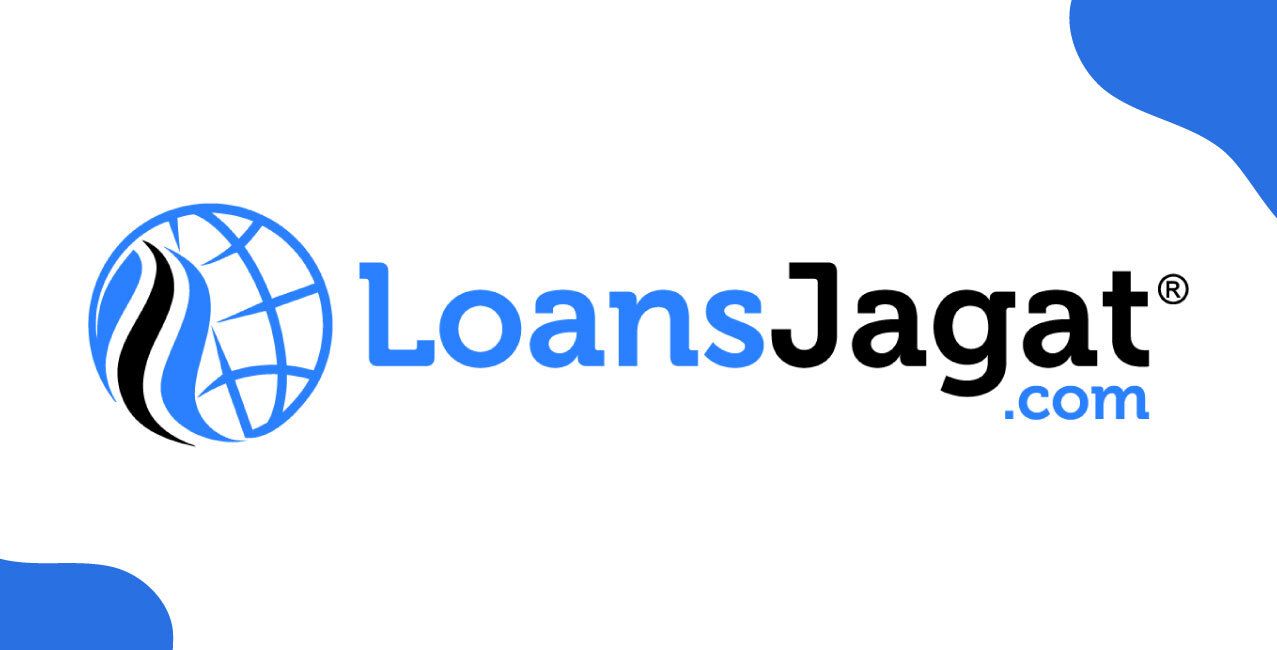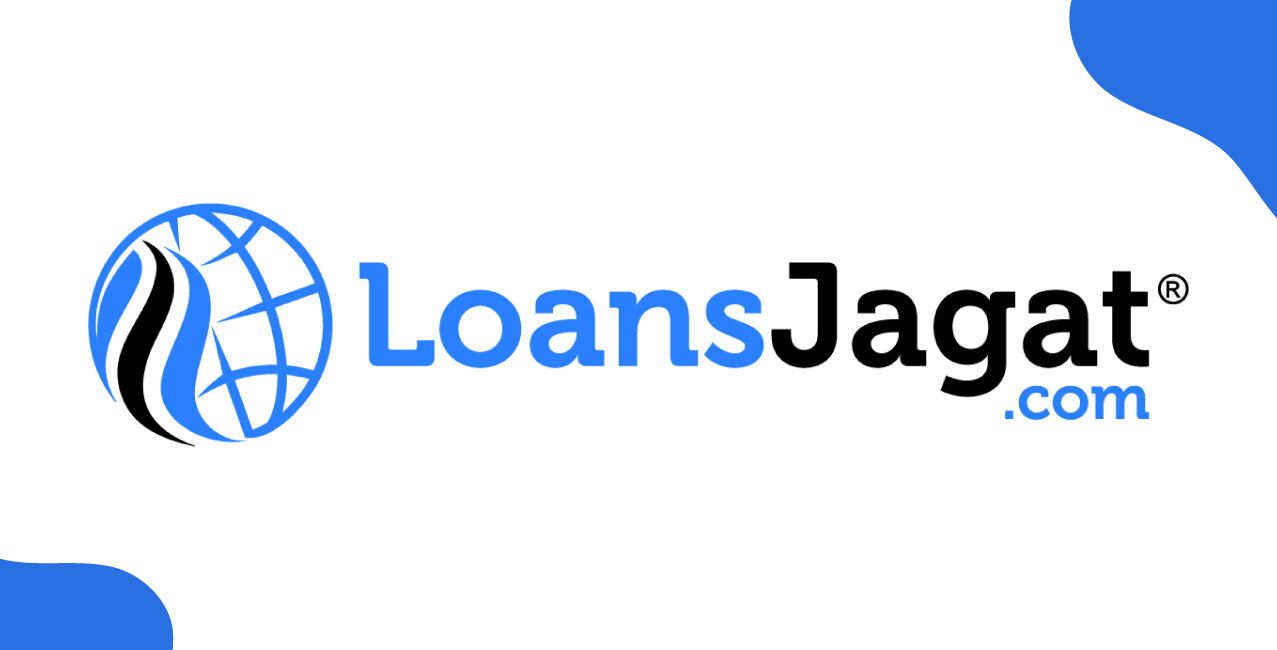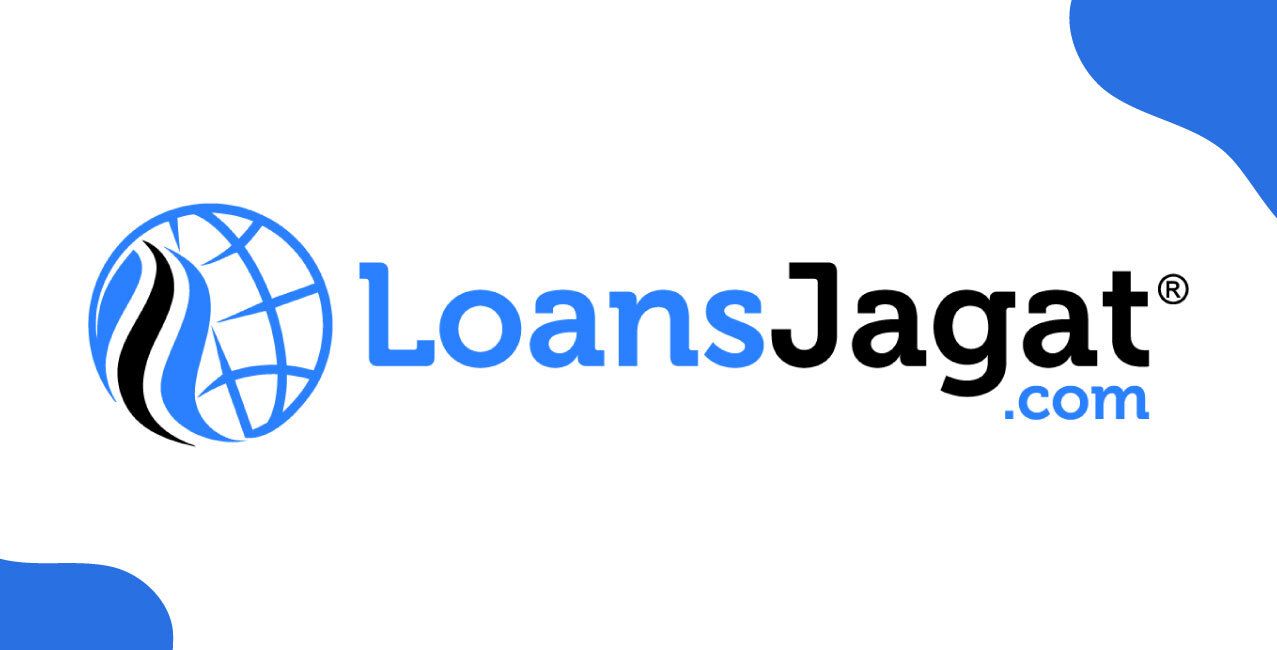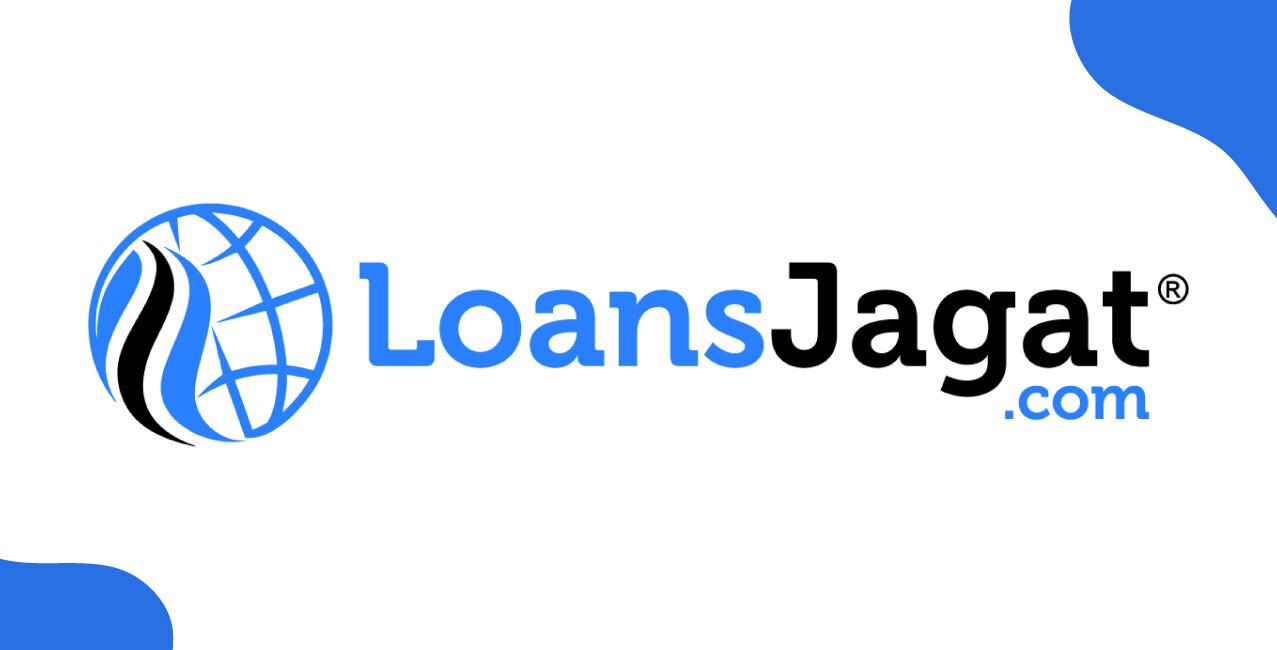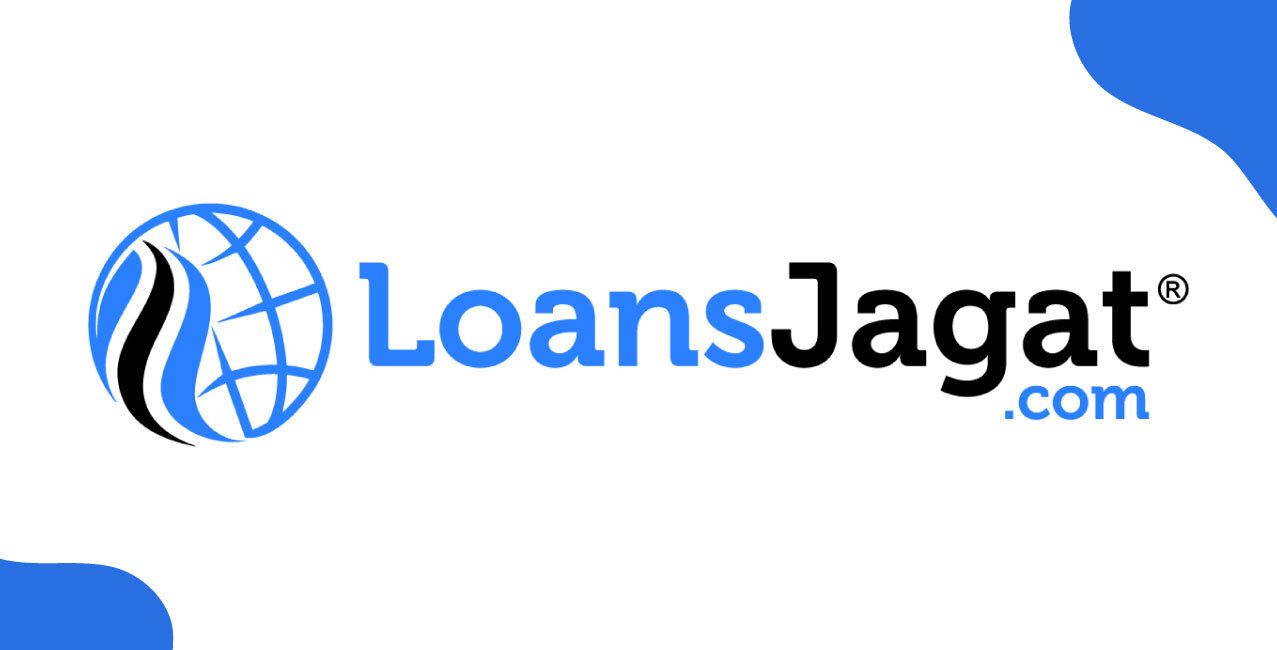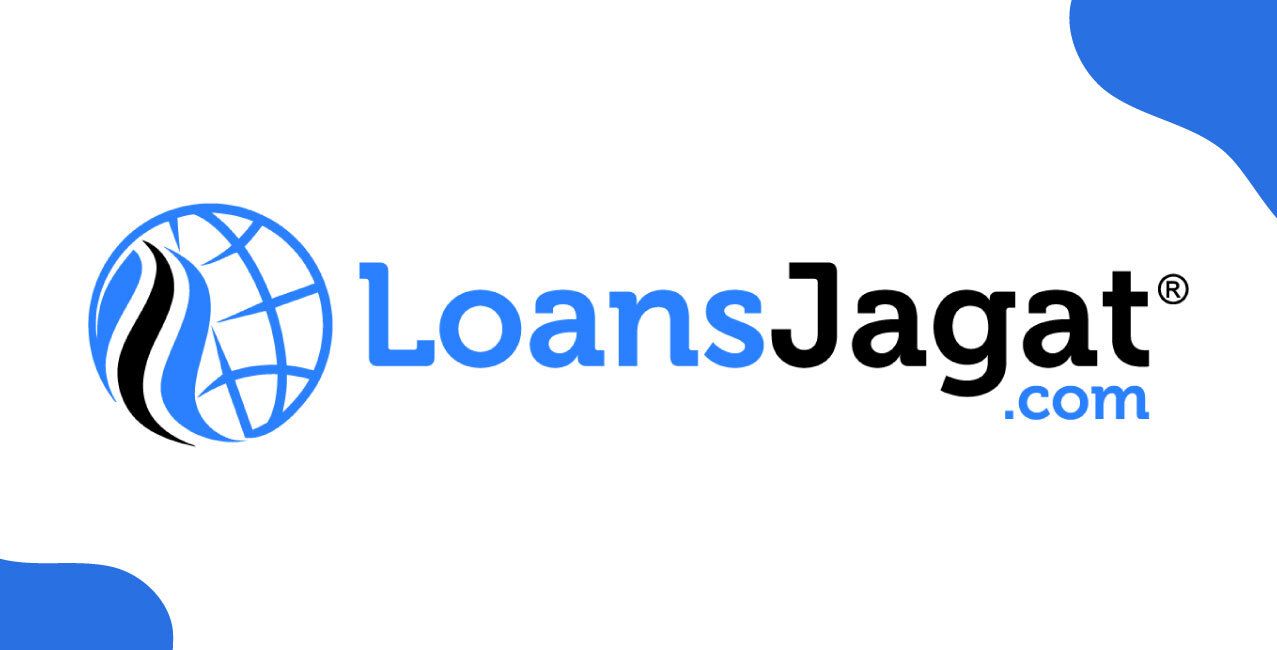This Credit Card Is a Good Option for First-Time Borrowers: DCB Bank and ZET’s Secured Credit Card

Check Your Loan Eligibility Now
By continuing, you agree to LoansJagat's Credit Report Terms of Use, Terms and Conditions, Privacy Policy, and authorize contact via Call, SMS, Email, or WhatsApp
As India’s digital lending ecosystem expands rapidly, banks and fintech firms are increasingly collaborating to develop inclusive credit products. In a significant step towards expanding credit access, DCB Bank has joined hands with fintech platform ZET to launch a secured credit card aimed at first-time borrowers and individuals lacking a robust credit history.
This strategic alliance reflects a larger shift in India’s financial landscape, where secured credit products are emerging as powerful tools for promoting financial inclusion, responsible borrowing, and credit discipline.
A New Avenue for Credit Inclusion
The secured credit card initiative by DCB Bank and ZET comes at a time when millions of young professionals, students, and gig economy workers face challenges in accessing unsecured credit cards due to insufficient credit scores or limited income documentation. Unlike traditional credit cards that require a pre-approved credit limit based on one’s creditworthiness, a secured credit card is backed by a fixed deposit (FD) held with the issuing bank.
This structure not only mitigates lending risk but also offers a bridge for new-to-credit (NTC) customers to build a formal credit profile. According to industry estimates, India has over 150 million potential borrowers without a formal credit score. Products like DCB Bank’s secured card can help integrate these individuals into the mainstream financial ecosystem.
For DCB Bank, this partnership also marks a strategic move to strengthen its presence in the retail credit segment while leveraging ZET’s digital distribution network and customer engagement capabilities. The synergy allows both partners to offer a seamless, digital-first onboarding experience, right from FD creation to card issuance.
How Secured Credit Cards Work: Building Credit Responsibly
Secured credit cards are ideal for individuals seeking to establish or rebuild their credit history. The applicant places a fixed deposit, typically ranging between ₹10,000 and ₹1 lakh, as collateral. The credit limit on the card is then determined as a percentage (usually 75–90%) of the FD amount.
This approach ensures that even individuals with no prior credit history can access a credit line. Timely payments are reported to credit bureaus such as CIBIL and Experian, gradually improving the cardholder’s credit score. In the long term, users can become eligible for unsecured cards or larger loans.
Additionally, secured cards offer most of the benefits associated with regular credit cards — including reward points, cashback, and interest-free credit periods. DCB Bank’s secured credit card, for example, offers rewards on everyday spends, online purchases, and recurring payments, helping cardholders derive tangible value from their usage while maintaining financial discipline.
India’s Secured Credit Market: An Emerging Growth Frontier
To understand the potential impact of such collaborations, it’s essential to examine the broader secured credit card market in India. Over the past five years, the segment has witnessed significant growth, largely driven by fintech participation and the Reserve Bank of India’s (RBI) emphasis on financial inclusion.
Below is a table illustrating the estimated growth trend of secured credit cards and their contribution to India’s overall credit card base:
These numbers indicate that the secured credit card space is growing at over 30% annually, signalling increasing demand from first-time borrowers. The surge also aligns with India’s evolving financial behaviour, where younger consumers prefer digital, transparent, and flexible credit products over traditional loans.
This momentum highlights how secured cards could act as an entry gateway for millions into the world of formal credit, setting the stage for a more inclusive and digitally empowered lending environment.
The Role of Fintech Partnerships in Expanding Credit Access
DCB Bank’s collaboration with ZET exemplifies how fintech–bank partnerships can redefine credit access for under-served segments. ZET, known for its wide agent network and strong presence in tier-2 and tier-3 cities, plays a crucial role in bridging last-mile connectivity.
Through digital onboarding, AI-driven KYC, and real-time verification systems, ZET enables faster issuance of secured cards without heavy documentation. This partnership also allows DCB Bank to leverage customer data insights and cross-sell opportunities, such as personal loans, insurance products, and investment services.
The following table compares the advantages of fintech-bank collaborations in secured credit issuance compared to traditional models:
These partnerships not only speed up processing times but also help banks tap into previously unreachable customer bases. Moreover, fintech-driven analytics enable lenders to better understand borrower behaviour, reducing default risks and improving portfolio quality.
Broader Implications for India’s Credit Ecosystem
The secured credit card model holds wider implications for India’s credit and banking sectors. Firstly, it supports credit democratisation by allowing even low-income and informal sector workers to begin their credit journeys. Secondly, by linking the card to a fixed deposit, banks can maintain liquidity and reduce credit exposure, enhancing overall risk management.
From a consumer perspective, such cards offer the dual advantage of savings (through the FD) and controlled credit usage. Furthermore, as cardholders build their credit scores, they can access better credit terms in the future, creating a virtuous cycle of financial empowerment.
Experts believe that by 2027, secured credit cards could account for nearly 7% of India’s total active card base, driven by ongoing digitisation, rising disposable incomes, and increasing financial literacy among younger populations.
Conclusion: Paving the Path for Financial Empowerment
DCB Bank and ZET’s secured credit card launch signifies more than just another product in the crowded credit card market, it marks a vital stride towards inclusive, responsible, and technology-driven lending. As India transitions towards a more credit-conscious economy, such innovations will play a crucial role in integrating millions into the formal financial system.
The initiative is expected to inspire similar partnerships across the banking ecosystem, encouraging other financial institutions to adopt secured, digitally managed credit products. Ultimately, the rise of secured credit cards is not merely about expanding credit access, it’s about fostering trust, improving financial literacy, and empowering the next generation of borrowers to build a resilient credit future.
About the author

LoansJagat Team
Contributor‘Simplify Finance for Everyone.’ This is the common goal of our team, as we try to explain any topic with relatable examples. From personal to business finance, managing EMIs to becoming debt-free, we do extensive research on each and every parameter, so you don’t have to. Scroll up and have a look at what 15+ years of experience in the BFSI sector looks like.
Subscribe Now
Related Blog Post

Home Loan Interest Rates 2025 Deliver Major EMI Relief, Will Borrowers See More Gains In 2026?

Will the Indian Rupee Stabilise in 2026 After a Volatile 2025?
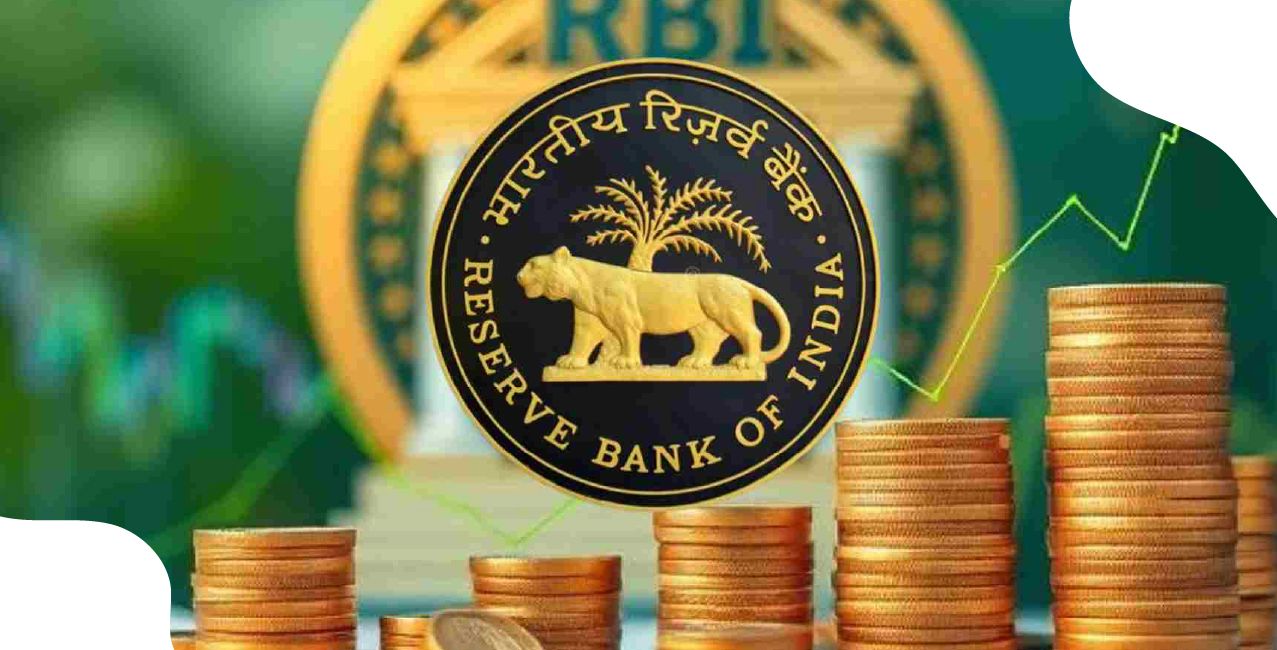
RBI Draft Rules Target Surprise Costs in Overseas Payments
Recent Blogs
All Topics
Contents
Quick Apply Loan
Consolidate your debts into one easy EMI.
Takes less than 2 minutes. No paperwork.
10 Lakhs+
Trusted Customers
2000 Cr+
Loans Disbursed
4.7/5
Google Reviews
20+
Banks & NBFCs Offers
Other services mentioned in this article
